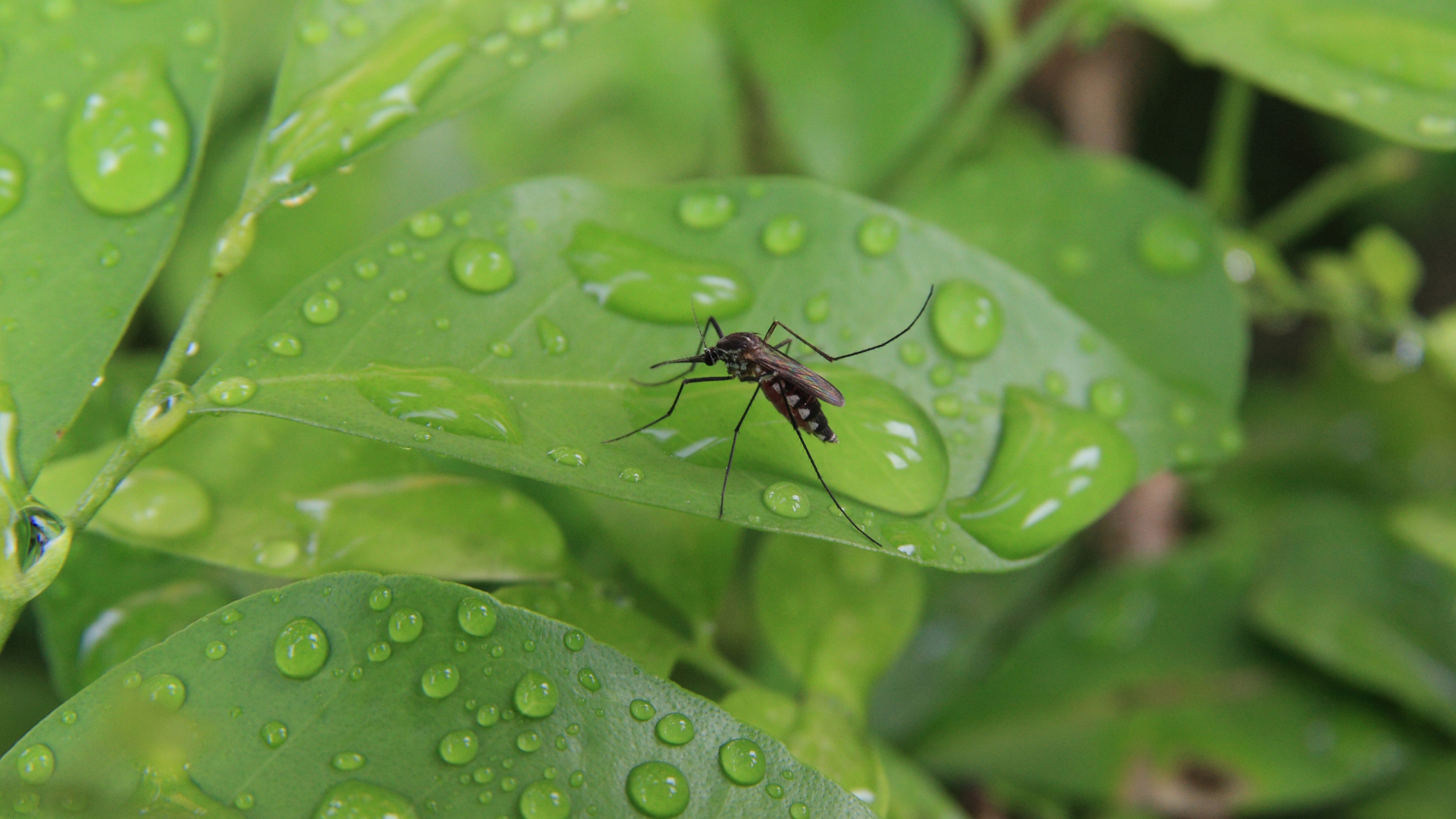
Mosquitoes are more than just a nuisance in North and Central Florida—they are carriers of diseases that can affect both humans and pets. Understanding the life cycle of mosquitoes can help you manage their population around your home and protect your family.
The Egg Stage
Female mosquitoes lay their eggs in stagnant water sources such as ponds, birdbaths, or even puddles. These eggs can hatch in just a few days if the conditions are right, making it important to eliminate standing water around your property.
The Larva and Pupa Stages
Once hatched, mosquito larvae develop in water. They feed on microorganisms and organic matter, growing quickly. The larva stage lasts several days before they enter the pupa stage, where they remain dormant until they transform into adult mosquitoes.
The Adult Stage
Adult mosquitoes emerge from the pupa stage and begin their search for food. While male mosquitoes primarily feed on nectar, female mosquitoes require blood to produce eggs. This is when they become a health threat, as they can transmit diseases such as West Nile virus, Zika, and malaria.
Don’t let mosquitoes take over your yard. Contact Superior Spray for effective mosquito control solutions to keep your home and family safe year-round.

Request Service
Request a Free Estimate
Fill out the form below. This form will take less than a minute to complete.
* indicates required fields
